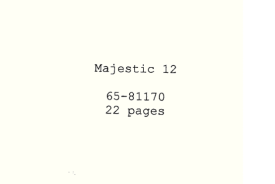A University of Southern California study suggests that people have higher likelihood to be more resistant when it comes to their political beliefs when they are provided with counter evidence.
The researchers at the Brain and Creativity Institute at USC said that findings from the functional MRI study can be considered relevant and useful in determining how people will respond not only to political issues but also to fake news and stories.
The lead author Jonas Kaplan, an assistant research professor of psychology at the Brain and Creativity Institute at USC Dornsife College of Letters, Arts and Sciences, said that political beliefs are like religious beliefs which are a part of who a person is and is considered important to the social circle to which he belongs. And that if a person needs to consider another perspective or an alternative view, it will require him to consider an alternative view of himself.
In order to identify the part of the brain networks that respond when someone strongly believes a certain principle or view, the researchers conducted an experiment on how much people change their minds when confronted with a counter evidence.
What they discovered was that people can be more flexible when it comes to considering the strength of their beliefs in non-political statements especially when they met a challenge, but when it comes to reconsidering their political beliefs, they are found to be more resistant to alternative views. This is explained by an increased activity in the amygdala, a pair of almond shaped areas near the center of the brain.
Kaplan explained that a system in the brain called Default Mode Network increases in activity when the participants' beliefs were challenged and this system is significant in high level thinking about his personal values and beliefs.
And this is why this study is important, said Gimbel, a research scientist at the Brain and Creativity Institute, because it will shed some light into how and which statements may persuade people to change their political beliefs for the progress of the society.
© 2026 University Herald, All rights reserved. Do not reproduce without permission.








